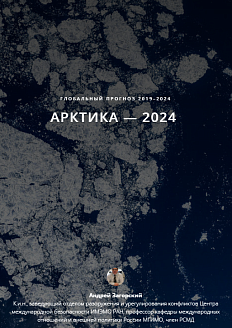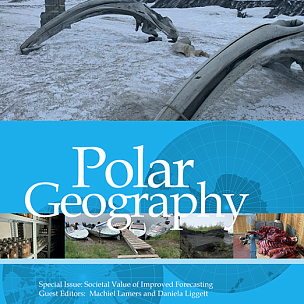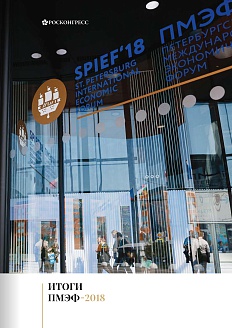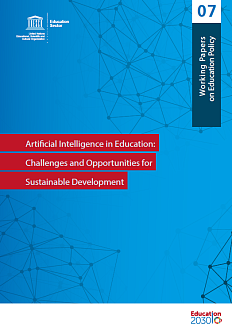The pandemic has made every fourth resident of Russia think more about environmental issues. However, in order to combat greenhouse emissions, the Russians agree to control only the consumption of electricity and water. Only 12% of our compatriots believe that each person should significantly reduce the consumption of various resources to combat global consumption.
Greta Tunberg is a Swedish environmental activist who has called for the elimination of air travel, hydrocarbons and active consumption. Self-isolation showed what life in the «world of Greta Tunberg» is: during the pandemic, self-isolated people had to reduce consumption.
After the pandemic, the number of Russians who were inclined to give up air travel and private cars did not increase, but, on the contrary, fell significantly. Refusal to mobility during self-isolation was a shock, but not a reason to think about global warming. The Russians did not like living in the «world of Greta Tunberg».
According to the RPORC surveys conducted in early 2020 (before the pandemic), 40% of Russians called warming a swollen and far-fetched problem.
However, in later surveys one in four residents noted that the pandemic made them think about ecology to a greater extent than it used to be. Almost as many people believe that after the pandemic people will start thinking more about the environment. The climate issue is of great concern to Russians, but it is not in the first place.






